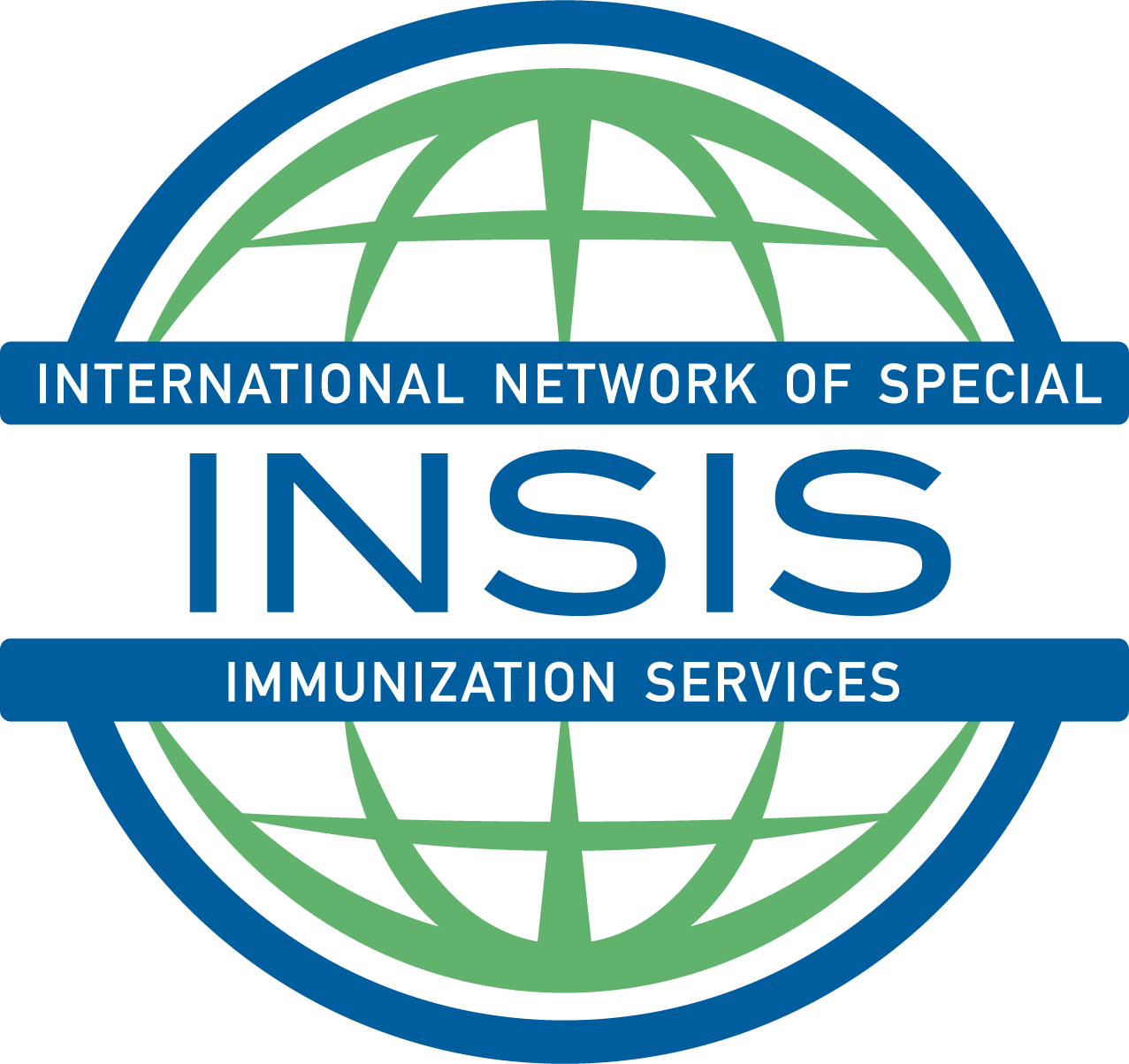Longitudinal Meta-cohort study protocol using systems biology to identify vaccine safety biomarkers
Joann Diray-Arce, Ana C. Chang, Sara Moradipoor, Donato Amodio, Bruce Carleton, Wan-Chun Chang, Nigel W. Crawford, Meagan Karoly, Annmarie Hoch, Kerry McEnaney, Tahir S. Kafil, Mahitha Donthireddy, Sarah K. Steltz, Simon D. van Haren, Asimenia Angelidou, Kinga K. Smolen, Hanno Steen, Jessica Lasky-Su, Huyen Tran, Peter Liu, Karina A. Top
Science Direct, Vaccine Journal, j.vaccine.2025.127504 https://doi.org/10.1016/j.vaccine.2025.127504
Published: 30 August 2025
Abstract
The International Network of Special Immunization Services (INSIS) was established to investigate the causes and risk factors of rare adverse events following immunizations (AEFIs) and develop immunization strategies for mitigating or preventing risk for individuals with prior AEFIs or at risk of AEFIs. INSIS integrates clinical data with multi-omic technologies (e.g., transcriptomics, proteomics, metabolomics) through a global consortium of clinical networks, leading immunology, pharmacogenomics teams to uncover the molecular mechanisms behind AEFIs. The network ensures accurate and standardized data collection and analysis through rigorous data management and quality assurance processes. INSIS also implements harmonized case definitions and protocols for collecting data and samples related to rare AEFIs, such as myocarditis, pericarditis, and Vaccine-Induced Immune Thrombocytopenia and Thrombosis (VITT) after COVID-19 vaccinations. This protocol outlines the comprehensive approach to enhance risk-benefit assessments of vaccines across populations, identify actionable biomarkers to inform discovery and development of safe vaccines, and support personalized vaccination strategies.

